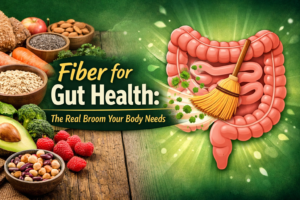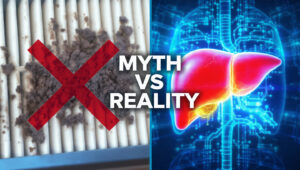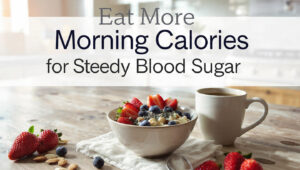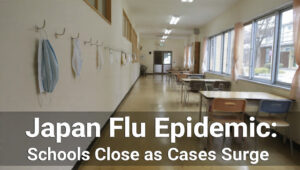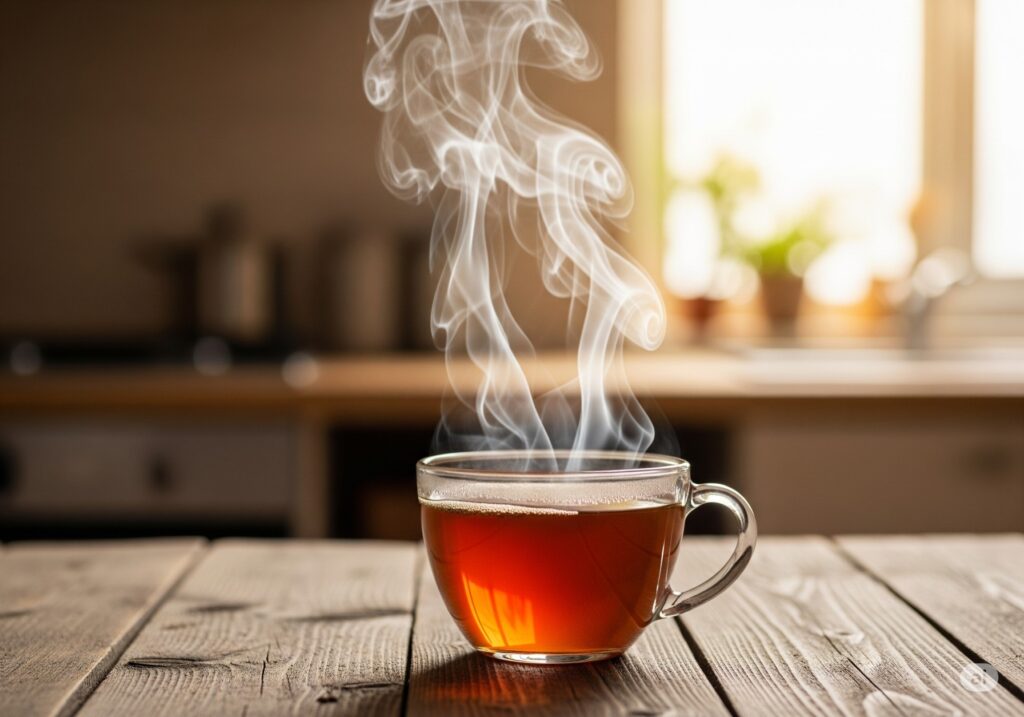
Hot drinks cancer risk from very hot tea
Hot drinks cancer risk grows when beverages are above 65°C. Experts explain the dangers and safe tips to enjoy tea or coffee without harming your health.
Hot Drinks Cancer Risk: Expert Warnings to Heed
Sipping tea or coffee feels comforting. Yet, experts warn that very hot drinks can harm your food pipe. The message is simple. Temperature matters more than the beverage itself. And yes, the hot drinks cancer risk is real enough to take seriously. IARC, NCBI
Why experts warn about the hot drinks cancer risk
In 2016, the International Agency for Research on Cancer (IARC) reviewed the evidence. They concluded that drinking very hot beverages—above 65°C— is probably carcinogenic to humans (Group 2A). That means it likely raises the risk of esophageal (food pipe) cancer, especially squamous cell carcinoma. Crucially, it’s the heat, not coffee or tea itself. IARC, IARC Publications
Health bodies echo this advice. For instance, the NHS suggests letting hot drinks cool before you sip, to avoid damaging the esophagus. Over time, repeated heat injury may trigger cycles of damage and repair that can promote cancer. nhs.UK, NCBI
What the latest research says about the hot drinks cancer risk
Evidence now spans multiple regions and methods:
- A large prospective study that measured tea temperature objectively found a higher esophageal cancer risk in people who drank very hot tea. This strengthens earlier findings that relied on self-reported “hot” versus “very hot.” PubMed, Wiley Online Library
- Research from East Africa linked very hot foods and drinks to a higher risk using several heat-exposure metrics, reinforcing the temperature-damage pathway. IARC
- A 2025 UK study in the British Journal of Cancer reported that drinking hot or very hot beverages was a risk factor for esophageal squamous cell carcinoma in a setting where tea and coffee are common. Nature
Meanwhile, context matters. Coffee itself wasn’t classified as a carcinogen; some data even suggest neutral or protective effects for other cancer sites. But temperature over 65°C remains the key hazard for the esophagus. Cancer Research UK – Cancer News, Science
How heat damages your esophagus
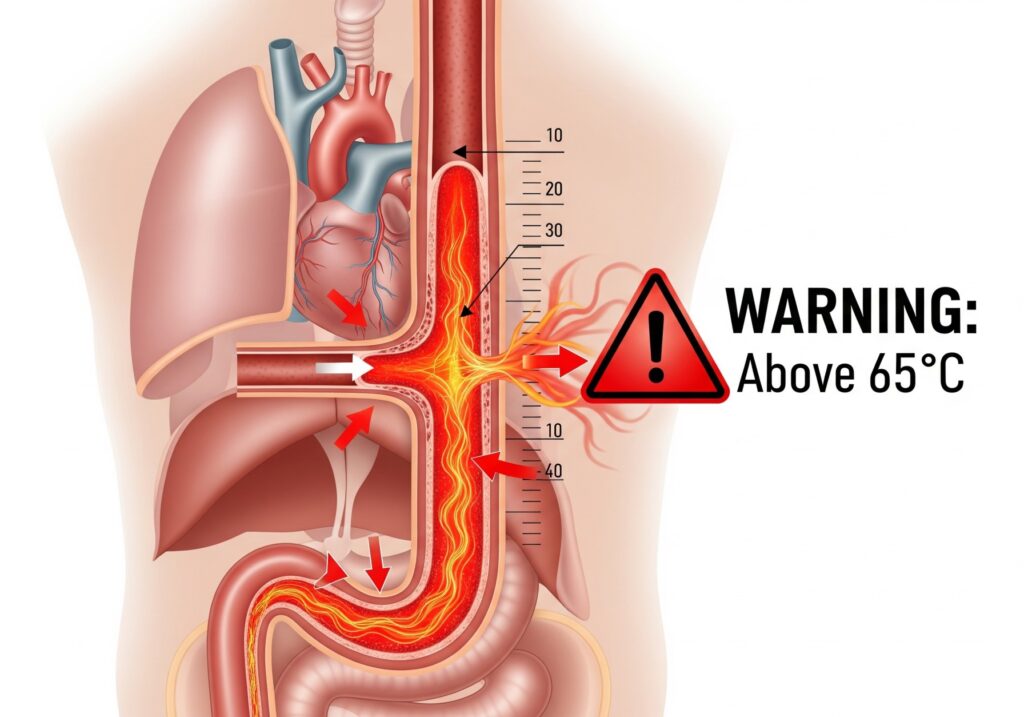
Your esophagus is lined with delicate tissue. Repeated exposure to very hot liquid can cause thermal injury—tiny burns you may not notice. The body repairs that damage, but constant cycles of injury and repair can set the stage for abnormal cell changes. Over the years, this has raised cancer risk. Mechanistically, studies show hot beverages can push intra-esophageal temperature high enough to cause damage, especially with bigger sips. PMC, NCBI
No, this doesn’t mean you must quit tea or coffee
There’s no call to abandon your daily brew. Instead, cool it to below “very hot.” Give a freshly boiled drink time to rest. Add a splash of cold milk or water. Take smaller sips. These steps reduce the hot drinks cancer risk without sacrificing your routine. IARC, nhs.uk
Also, keep perspective. Smoking and heavy alcohol use are much stronger drivers of esophageal cancer. Cutting back on these, alongside minding drink temperature, offers better protection overall. Memorial Sloan Kettering Cancer Center, Drinkaware
Practical temperature tips (and what to do daily)
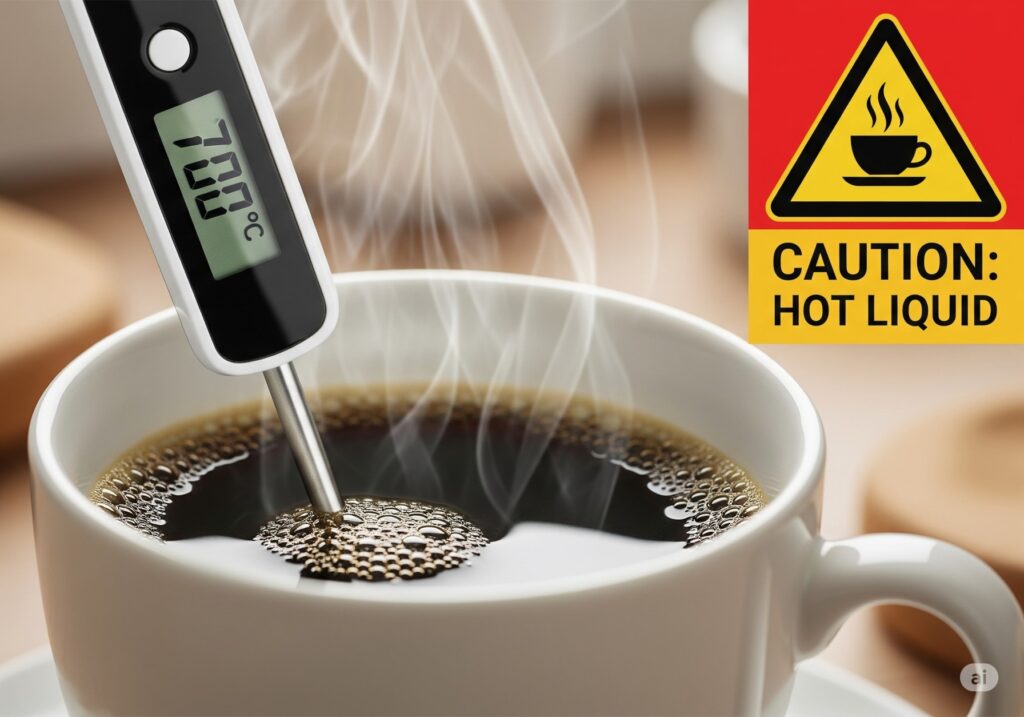
You rarely measure beverage temperature at home. That’s okay. Try these practical habits:
- Wait a few minutes after boiling before the first sip. If it still feels scalding on your tongue, it’s too hot for your esophagus.
- Test small sips first. If you can’t comfortably hold the liquid in your mouth, let it cool more.
- Mind refill timing. Fresh top-ups raise the cup’s temperature again.
- Use a thermos with a temperature readout if you often drink on the go.
- Be extra careful if you already have reflux or throat irritation—heat can aggravate symptoms.
These behaviors directly target the temperature risk flagged by IARC and public health agencies. IARC, nhs.uk
Debunking common myths about the hot drinks cancer risk
“Tea causes cancer.”
Not accurate. Temperature, not tea itself, drives the IARC classification for esophageal cancer risk. Coffee wasn’t labeled carcinogenic either. Keep drinking your preferred beverage—just not very hot. IARC, IARC Publications
“Cold milk cancels the risk.”
Adding milk can lower the temperature, but only if it brings the drink below very hot levels. If it’s still scalding, the risk remains. NCBI
“One hot sip won’t matter.”
Single exposures are unlikely to define your risk. The concern is regular, long-term exposure to very hot drinks. That pattern is what studies capture. PubMed, Wiley Online Library
What symptoms should prompt a check-up?
If you notice trouble swallowing, persistent chest discomfort after swallowing, unexplained weight loss, or ongoing heartburn, speak to a clinician. Early evaluation matters. The NHS advises getting any esophageal symptoms checked, even if you don’t think you’re at high risk. nhs.uk
Where to read the science yourself
- IARC’s press release on very hot beverages and esophageal cancer is a clear starting point. It explains why >65°C matters and emphasizes temperature over beverage type. IARC
- The full IARC Monographs volume gives detailed methods and classifications. It’s technical but definitive. IARC Publications
- Cancer Research UK offers a plain-language perspective and cautions against sensational headlines, keeping the risk in context. Cancer Research UK – Cancer News
- For a clinical overview, Memorial Sloan Kettering’s explainer helps frame heat risk relative to alcohol and smoking. Memorial Sloan Kettering Cancer Center
Bottom line on the hot drinks cancer risk
The evidence is consistent: very hot drinks can injure the esophagus and, over time, may raise cancer risk. The fix is easy. Let it cool. Sip smaller. Avoid scalding temperatures. And for bigger risk reduction, address smoking and alcohol too. With a few simple habits, you can keep your warm-drink ritual—and lower your risk.
Sources linked in this article
- IARC: Very hot beverages (>65°C) are probably carcinogenic (Group 2A). IARC, IARC Publications
- Prospective temperature-measured tea study (objective data). PubMed, Wiley Online Library
- 2025 UK study on hot beverages and ESCC. Nature
- NHS guidance: let hot drinks cool. nhs.uk
- Cancer Research UK perspective. Cancer Research UK – Cancer News
- Mechanism and intra-esophageal heat data. PMC
- MSKCC explainer: alcohol and smoking context. Memorial Sloan Kettering Cancer CenterDrinkaware
Note: This article is informational and not a substitute for medical advice. If you have symptoms or risk factors, consult a qualified clinician.
